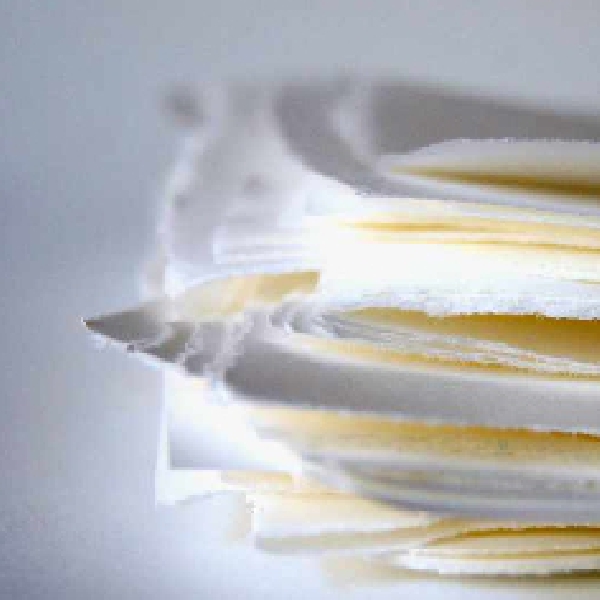
The strategy aims to end Direct Provision.
A collective of organisations representing children and young people have produced a White Paper, aimed at enabling the end of Direct Provision.
Over 1,000 children live in Direct Provision, and many children spend significant proportions of their childhoods in the system.
Among the paper's recommendations are to reduce the length of time spent in initial reception accommodation and moving towards providing people with own-door, family-appropriate accommodation in the community.
We've just issued a press release on back of new info coming out of our event today on the Govt's #WhitePaper on Ending #DirectProvision: https://t.co/M1MZArnQXq Thanks to @rodericogorman @dcediy @tusla @Mannion_Katie @IrishRefugeeCo @DorasIRL @SineadOCarroll for their inputs. pic.twitter.com/LikTaSQCqv
— Children's Rights Alliance (@ChildRightsIRL) May 5, 2021
John Lannon is CEO of Doras, which works to support and promote the rights of refugees, asylum seekers and all migrants in Ireland.
He joined Clem Ryan on this morning's edition of Kildare Today:
The White Paper is available here
Tanya Ward, Chief Executive of the Children’s Rights Alliance, speaking during Wednesday's launch event, said: “Today is about ensuring that Government implements these ambitious changes we see on paper so they become truly life-changing for children and families seeking protection in our country. There are important changes that can be made immediately. We welcome that vulnerability assessments are now offered to all new applicants seeking protection although these should be extended to children already in the process. For many years, we have called for HIQA (the Health Information and Quality Authority) to take on inspection of the system and we welcome the Minister’s update that his Department is finalising the arrangements to get HIQA up and running as the independent inspectorate for all refugee accommodation. This is very welcome and we urge the Government to take all necessary steps to do this as a matter of priority. The focus on a human rights and children’s rights approach to our treatment of families seeking internal protection is long overdue and one very much welcomed by the Alliance, ensuring families with children can create homes in our communities.”
One of the case studies highlighted in the paper is that of Zira*, who came to Ireland in March, 2020. She and "her 18-month-old baby were living in direct provision accommodation when the Covid-19 pandemic started to take hold. Life became extremely challenging for Zira and other residents in the centre, as they were refused access to kitchen facilities, or even a microwave. This meant Zira could not prepare meals for her baby, instead relying on food provided by the centre, which was both inappropriate and insufficient. In addition, food was no longer permitted in residents’ rooms, and so all baby food, snacks and medication were confiscated by management. On top of this, Zira was unable to access drinking water.
After Zira contacted the Irish Refugee Council about her situation, they immediately brought these concerns to the attention of the Department of Justice, which resulted in improvements being made to the living conditions in the centre."
We welcome that the #DirectProvision system is to end but we need to clear the current backlog in the system says John Lannon of @DorasIRL pic.twitter.com/WJ913nDsSE
— Children's Rights Alliance (@ChildRightsIRL) May 5, 2021



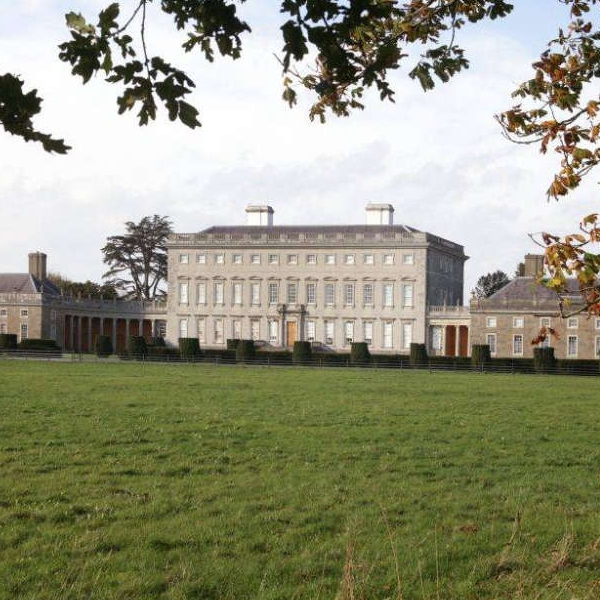 Castletown House Parklands To Open From Dawn To Dusk Following Meeting With Minister Boxer Moran
Castletown House Parklands To Open From Dawn To Dusk Following Meeting With Minister Boxer Moran
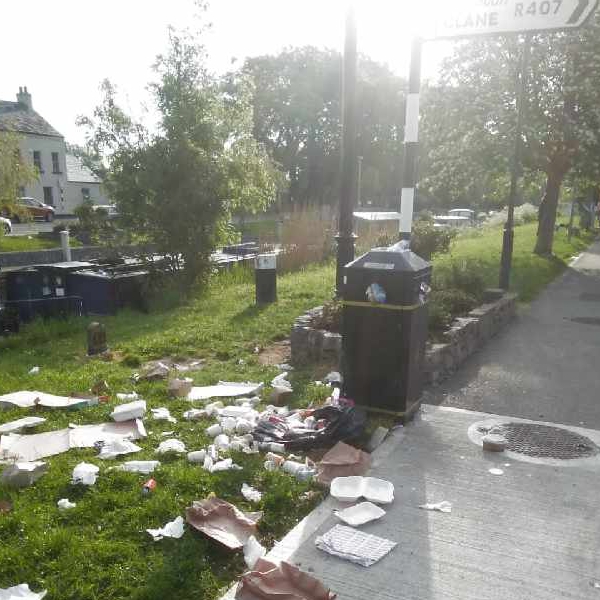 Local Councillor Calls For An Increase In Number Of Times Public Bins In Sallins Are Emptied
Local Councillor Calls For An Increase In Number Of Times Public Bins In Sallins Are Emptied
 Rathangan Resident And Father Dies In Workplace Accident
Rathangan Resident And Father Dies In Workplace Accident
 Conor McGregor Refused Planning Permission To Build Mansion In Straffan
Conor McGregor Refused Planning Permission To Build Mansion In Straffan
 Dezoned Kildare Land to Go Under the Hammer with €300k Guide Price
Dezoned Kildare Land to Go Under the Hammer with €300k Guide Price
 Gardai Investigating Incident Of Criminal Damage At A House In Sallins
Gardai Investigating Incident Of Criminal Damage At A House In Sallins
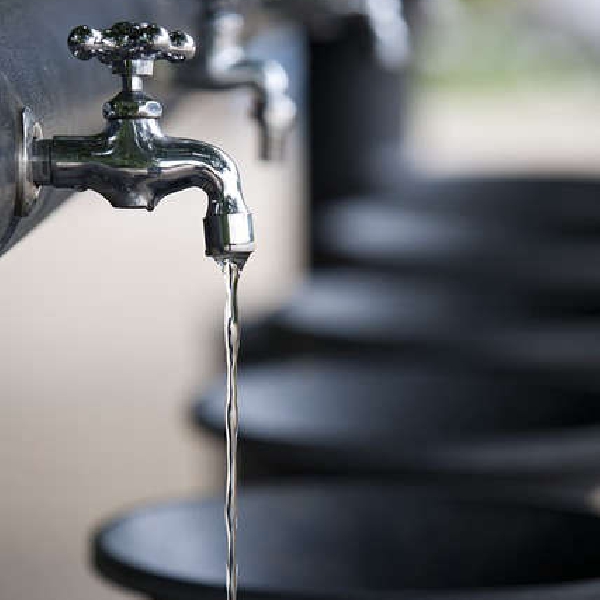 Water Disruption Expected In Parts of Kildare Today
Water Disruption Expected In Parts of Kildare Today
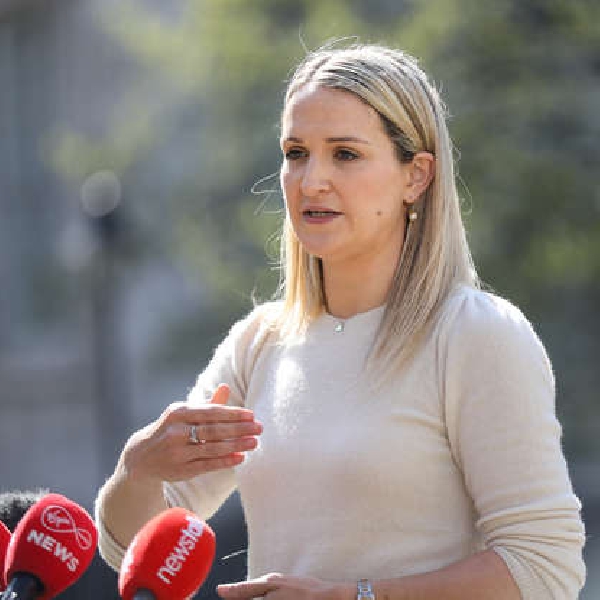 Celbridge Schools to Pilot New Single Secondary School Application System
Celbridge Schools to Pilot New Single Secondary School Application System


